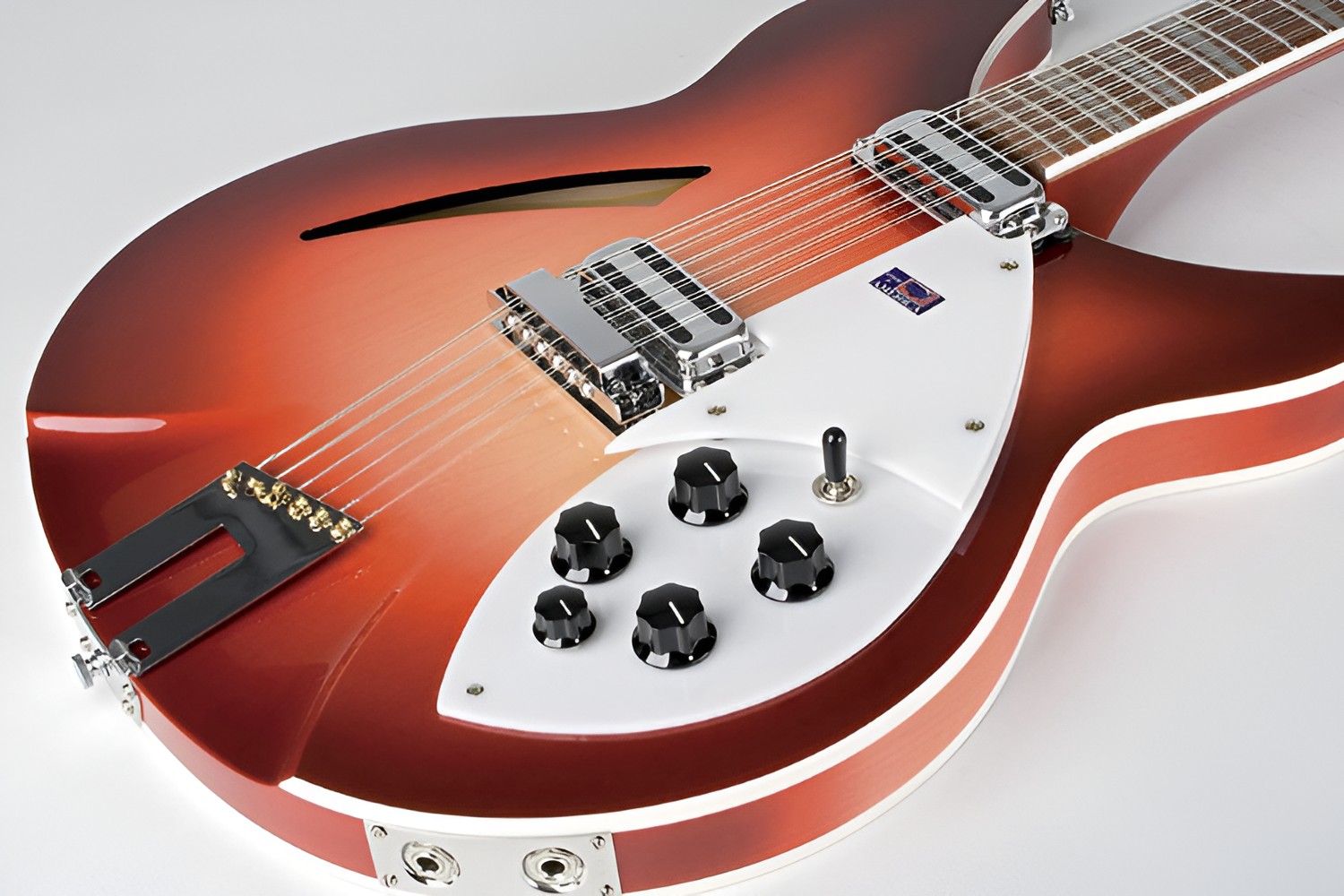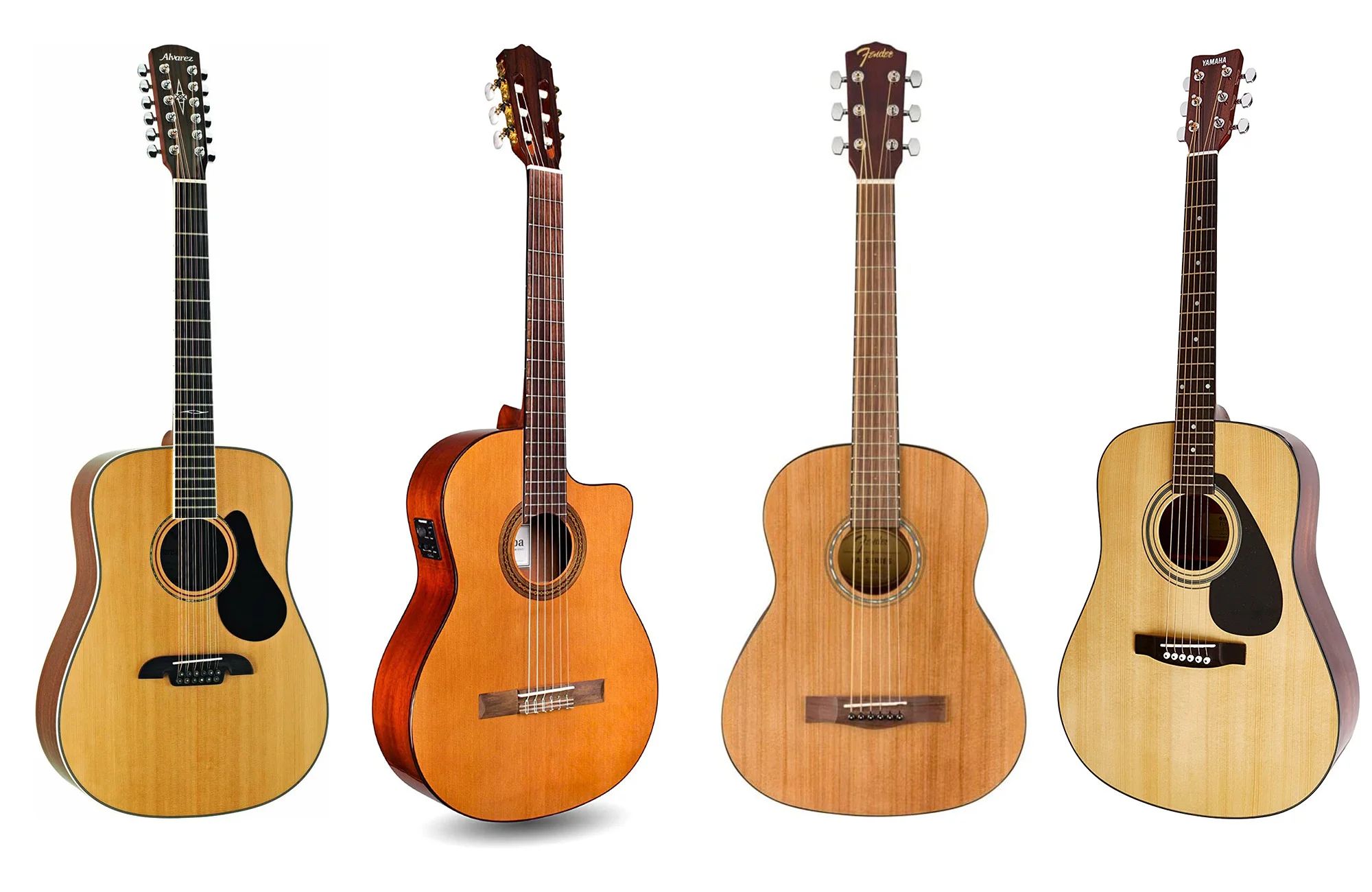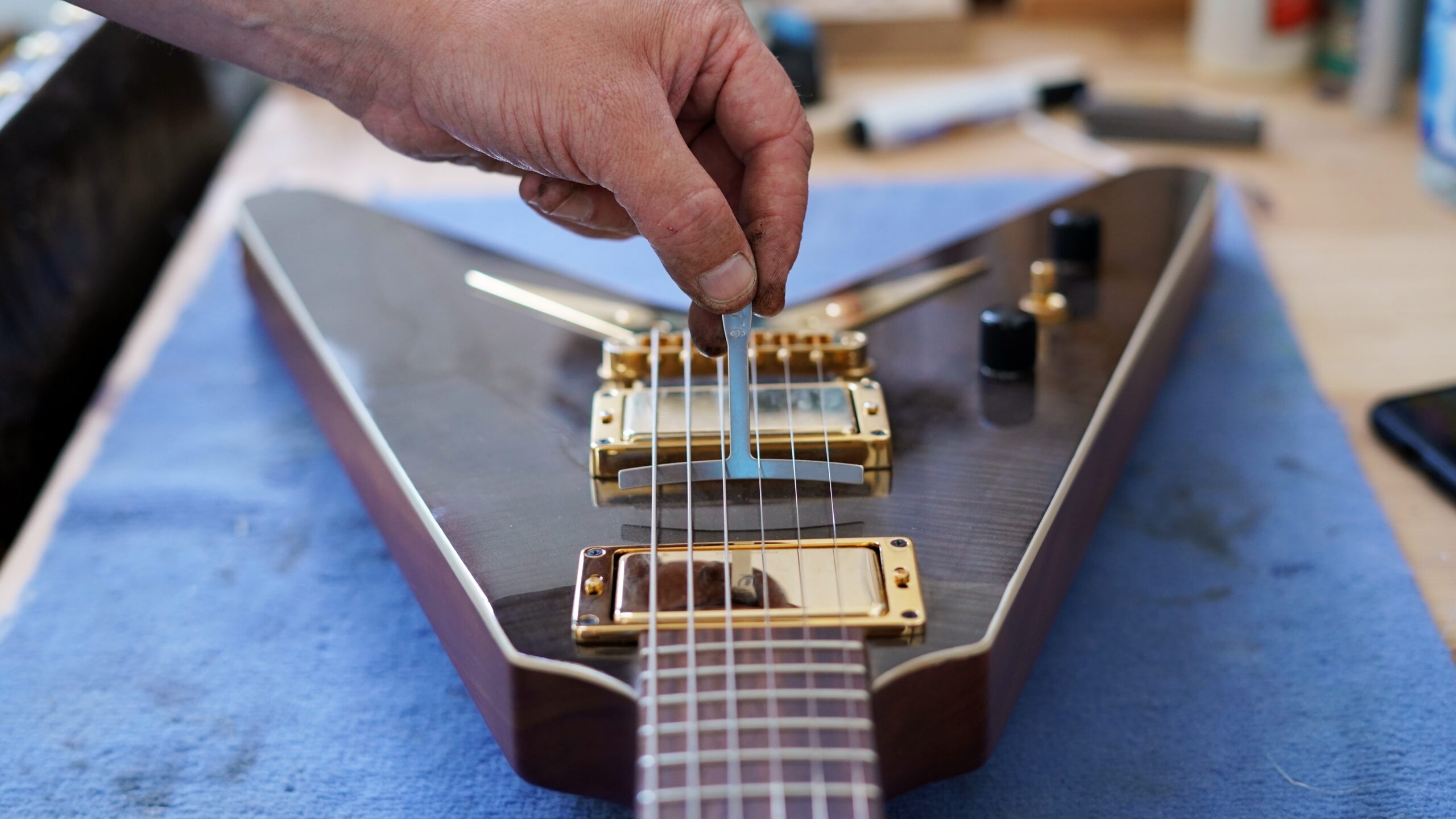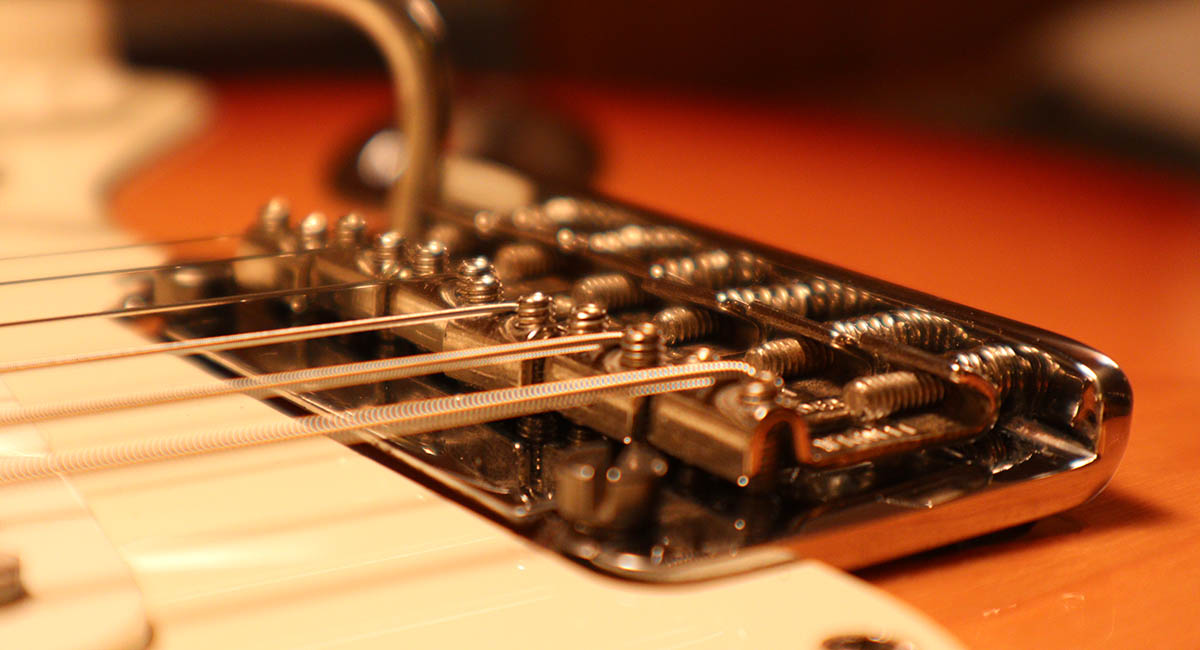Introduction
When it comes to playing the electric guitar, the choice of strings can significantly impact the instrument's sound, playability, and overall performance. Electric guitar strings are available in various materials, gauges, and constructions, catering to the diverse needs and preferences of musicians. As a skilled SEO writer, I understand the importance of selecting the best electric guitar strings to achieve the desired tone and feel. In this article, we will explore the factors to consider when choosing electric guitar strings, popular types available in the market, the best options for different playing styles, and tips for maintaining these essential components of your instrument.
The right set of electric guitar strings can elevate the sound quality, responsiveness, and durability of your instrument, making it crucial to make an informed decision based on your musical style and performance requirements. Whether you are a beginner or a seasoned guitarist, understanding the nuances of electric guitar strings can enhance your playing experience and inspire creativity. Let's delve into the world of electric guitar strings to discover the best options that align with your musical aspirations and elevate your performance to new heights.
Factors to Consider When Choosing Electric Guitar Strings
When selecting electric guitar strings, several crucial factors should influence your decision to ensure optimal playability, tone, and longevity. Understanding these factors can help you make an informed choice that aligns with your musical preferences and performance requirements.
- Material: The material composition of the strings significantly impacts their tonal characteristics. Common materials include nickel-plated steel, stainless steel, pure nickel, and various alloys. Nickel-plated steel strings offer a bright and balanced tone, making them suitable for various musical styles. Stainless steel strings provide enhanced durability and brightness, making them ideal for aggressive playing. Pure nickel strings deliver a warm, vintage tone, perfect for blues, jazz, and classic rock. Each material offers distinct sonic qualities, so consider the genre and sound you aim to achieve.
- Gauge: Electric guitar strings are available in different gauges, referring to the thickness of the strings. Lighter gauges offer easier playability and bending, making them suitable for lead guitarists and players who prefer effortless fretting. Conversely, heavier gauges provide a fuller tone and increased sustain, making them popular among rhythm guitarists and those seeking a more robust sound. Consider your playing style and the balance between comfort and tonal richness when choosing the appropriate gauge.
- Coating: Some electric guitar strings feature protective coatings to prolong their lifespan and maintain their fresh tone. Coated strings are resistant to corrosion and buildup of dirt and sweat, making them ideal for players seeking extended durability and consistent performance. While coated strings may come at a higher price, their longevity and reliability make them a worthwhile investment for gigging musicians and regular performers.
- Playing Style: Your playing style and technique play a crucial role in determining the most suitable electric guitar strings. Whether you prefer aggressive picking, smooth fingerstyle, or dynamic bending, certain strings are tailored to accommodate these techniques and enhance your sonic expression. Understanding how different strings respond to various playing styles can help you find the perfect match for your musical approach.
By carefully considering these factors, you can narrow down the vast array of electric guitar strings available in the market and pinpoint the options that best complement your musical identity and performance aspirations.
Popular Types of Electric Guitar Strings
Electric guitar strings come in various types, each offering distinct tonal characteristics, playability, and durability. Understanding the popular types of electric guitar strings can guide your selection process and help you find the perfect match for your musical preferences and performance requirements.
- Nickel-Plated Steel: Widely regarded as a versatile option, nickel-plated steel strings deliver a balanced tone with a bright edge. They are suitable for a wide range of musical styles, including rock, blues, pop, and country. The balanced tonal profile of nickel-plated steel strings makes them a popular choice among electric guitarists seeking flexibility and responsiveness.
- Stainless Steel: Known for their durability and pronounced brightness, stainless steel strings are favored by players who require enhanced resilience and a cutting edge in their tone. These strings excel in high-energy genres such as hard rock and heavy metal, where clarity and power are paramount.
- Pure Nickel: Renowned for their warm and vintage-inspired tone, pure nickel strings are favored by blues, jazz, and classic rock aficionados. They offer a smooth and mellow sound with a touch of warmth, making them ideal for musicians seeking a nostalgic sonic character reminiscent of iconic recordings from past decades.
- Coated Strings: Designed to resist corrosion and preserve their fresh tone for an extended period, coated electric guitar strings offer enhanced longevity and reliability. The protective coating shields the strings from environmental factors and the buildup of dirt and sweat, making them an excellent choice for gigging musicians and performers seeking consistent performance and durability.
Each type of electric guitar string has its unique sonic attributes and performance benefits, catering to different musical styles and playing preferences. By exploring these popular types, you can gain valuable insights into the sonic landscapes they offer and make an informed decision that aligns with your artistic vision and sonic aspirations.
Best Electric Guitar Strings for Different Playing Styles
Choosing the best electric guitar strings tailored to your specific playing style is essential for achieving the desired tone, playability, and overall performance. Different playing styles demand distinct characteristics from the strings, and selecting the right set can significantly enhance your musical expression and comfort during play. Let’s explore the best electric guitar strings for various playing styles:
- Lead Guitarists (Lighter Gauge Strings): Lead guitarists often benefit from using lighter gauge strings, typically ranging from .008 to .010 in size. These strings offer easier bending and fretting, allowing for fluid and expressive lead playing. Lighter gauge strings facilitate rapid fretboard navigation and intricate bending techniques, empowering lead guitarists to execute their melodic ideas with precision and agility.
- Rhythm Guitarists (Medium to Heavy Gauge Strings): Rhythm guitarists commonly gravitate towards medium to heavy gauge strings, typically ranging from .011 to .013 or higher. These strings provide a fuller tone, increased sustain, and greater resistance to fretting out during aggressive strumming. The robust nature of medium to heavy gauge strings complements rhythm guitarists’ dynamic chord work and powerful strumming, contributing to a rich and resonant sonic foundation.
- Fingerstyle Players (Medium Gauge, Coated Strings): Fingerstyle players benefit from medium gauge strings that strike a balance between playability and tonal richness. Additionally, coated strings offer extended durability and resistance to finger oils, making them ideal for fingerstyle techniques that involve direct contact with the strings. The combination of medium gauge and coated strings ensures a comfortable playing experience and sustained tonal clarity for fingerstyle guitarists.
- Slide Guitarists (Heavy Gauge, Pure Nickel or Stainless Steel Strings): Slide guitarists often opt for heavy gauge strings to accommodate the demands of slide playing, which require greater string tension for effective slide control and sustain. Pure nickel or stainless steel strings are favored for their durability and ability to withstand the intense pressure and abrasion exerted by slide playing, ensuring consistent tone and responsiveness.
By selecting electric guitar strings tailored to your specific playing style, you can optimize your instrument’s sonic potential and responsiveness, allowing for seamless expression and musical fluency in your preferred genre and performance context.
Tips for Maintaining Electric Guitar Strings
Proper maintenance of electric guitar strings is essential for preserving their tone, playability, and longevity. By implementing effective maintenance practices, you can extend the life of your strings and ensure consistent performance. Here are valuable tips for maintaining electric guitar strings:
- Regular Cleaning: Wipe down your strings with a clean cloth after each playing session to remove sweat, oils, and debris. This simple practice helps prevent the accumulation of grime and extends the lifespan of the strings.
- String Lubrication: Apply a small amount of string lubricant to the strings to reduce friction and inhibit corrosion. Lubrication enhances the strings’ flexibility and resilience, contributing to smoother playability and reduced wear.
- Storage and Humidity Control: Store your guitar in a protective case or gig bag when not in use to shield it from environmental elements. Additionally, maintain a stable humidity level in the storage area to prevent moisture-related damage to the strings and the instrument.
- Gentle String Stretching: When installing new strings, gently stretch them to promote stability and minimize tuning instability. Careful stretching helps the strings settle into their optimal tension, enhancing tuning accuracy and reducing the likelihood of premature breakage.
- Trimming Excess String Length: After restringing your guitar, trim the excess string length beyond the tuning pegs to prevent interference with tuning stability and minimize the risk of accidental injury from protruding wire ends.
- Protective Coating Application: Consider using coated strings, which feature a protective layer to resist corrosion and preserve their fresh tone over an extended period. Coated strings offer enhanced durability and reliability, reducing the frequency of string changes.
- Professional Setup and Maintenance: Schedule regular professional setups and maintenance checks for your guitar to ensure optimal string action, intonation, and overall performance. Professional technicians can address any potential issues and optimize your instrument’s playability and tone.
By incorporating these maintenance tips into your guitar care routine, you can prolong the life of your electric guitar strings, maintain their sonic integrity, and enjoy consistent performance during practice, recording, and live performances.
Conclusion
As we conclude our exploration of electric guitar strings, it becomes evident that the choice of strings significantly influences the instrument’s sound, playability, and overall performance. By considering factors such as material, gauge, coating, and playing style, musicians can make informed decisions when selecting electric guitar strings that align with their artistic vision and sonic aspirations. The diverse types of electric guitar strings, each offering unique tonal characteristics and performance benefits, cater to a wide range of musical styles and playing preferences, empowering guitarists to find the perfect match for their individual expression.
Moreover, understanding the best electric guitar strings for different playing styles equips musicians with the knowledge to optimize their instrument’s sonic potential, responsiveness, and comfort during play. Whether engaging in lead, rhythm, fingerstyle, or slide guitar techniques, selecting strings tailored to the specific playing style enhances musical fluency and expression, contributing to a fulfilling playing experience.
Furthermore, the implementation of effective maintenance practices, including regular cleaning, string lubrication, and protective coating application, ensures the longevity and consistent performance of electric guitar strings. By integrating these maintenance tips into their guitar care routine, musicians can preserve the strings’ tonal integrity and playability, extending their lifespan and minimizing the need for frequent replacements.
In essence, the world of electric guitar strings offers a rich tapestry of options, each contributing to the instrument’s sonic palette and playability. By delving into the nuances of electric guitar strings and considering the diverse factors that influence their selection and maintenance, musicians can elevate their playing experience, achieve their desired tonal characteristics, and embark on a journey of sonic exploration and artistic expression.

























